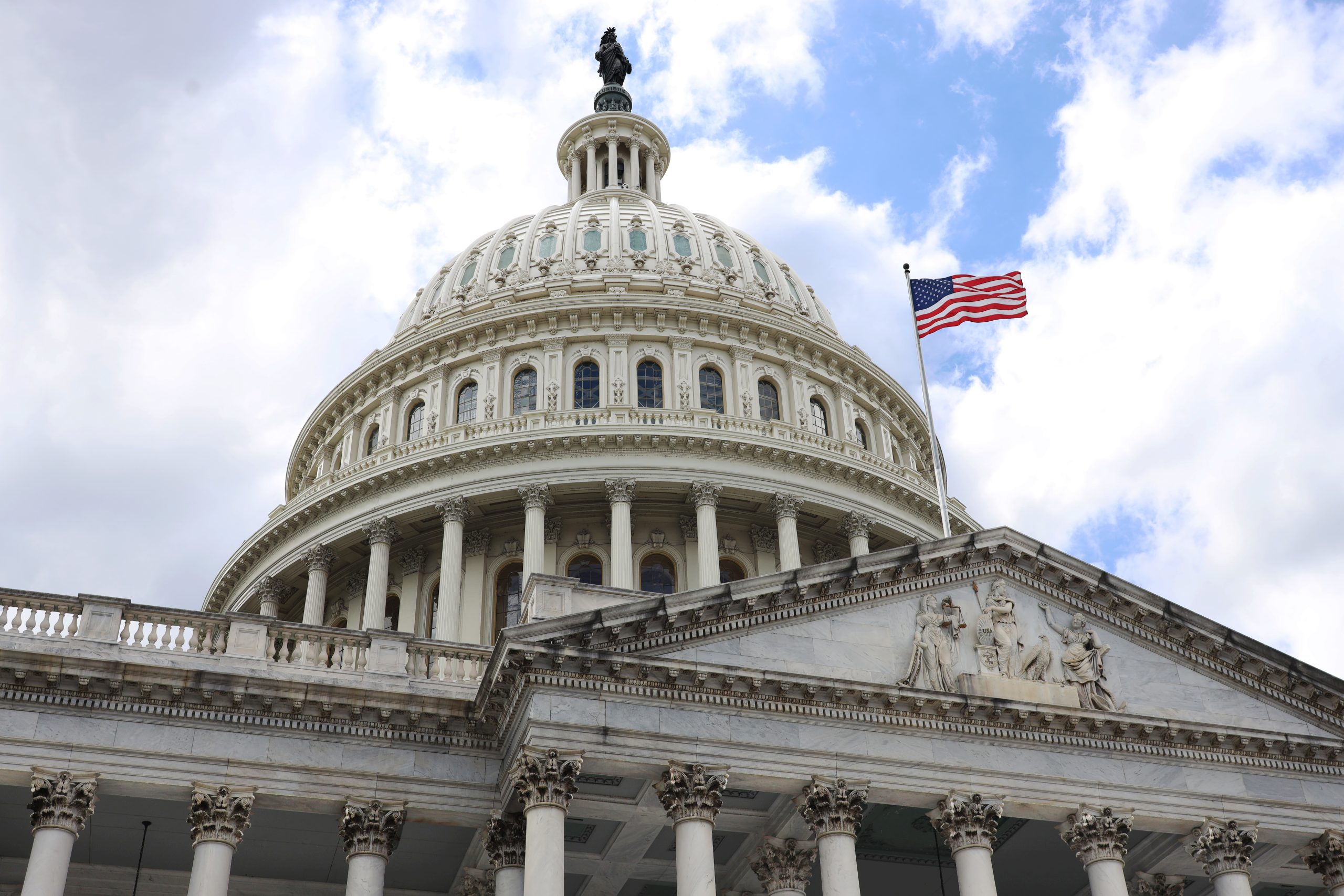AFA Cheers NDAA’s Passage, Urges Congress to Follow Quickly With a Spending Bill
January 2, 2024
ARLINGTON, Va., Jan. 2, 2024 — The Air & Space Forces Association applauds the overwhelming bipartisan support for the fiscal 2024 National Defense Authorization Act and urges Congress to follow up by passing a spending bill as soon as possible.
President Biden signed the NDAA into law December 22. The annual defense policy measure advanced several of the Air & Space Forces Association’s top legislative priorities, including improving the nation’s defensive posture in the Indo-Pacific and Europe and enhancing quality-of-life issues for Airmen, Guardians, and their Families.
“AFA applauds Congress for passing the legislation our nation needs to ensure our national security by modernizing our forces and by protecting our Airmen, Guardians, and their Families. And we thank President Biden for signing that legislation into law,” said AFA Chair of the Board Bernie Skoch. “Much work remains to be done, but the 2024 NDAA is a good start. AFA is committed to constantly advocating for policies that help guarantee the U.S. Air Force and U.S. Space Force remain the strongest in the world.”
The AFA legislative priorities advanced in the 2024 NDAA include:
Air and Missile Defense in the Indo-Pacific and Europe
AFA asked Congress to direct the Secretary of Defense to provide a report analyzing whether U.S. forces and installations in the Pacific and European theaters are adequately shielded from hypersonic, ballistic, cruise missile, and air attacks, and to devise a strategic plan to ensure that objective is met throughout the decade.
In response, the 2024 NDAA orders “a comprehensive strategy for developing, acquiring, and operationally establishing an integrated air and missile defense architecture for [the] area of responsibility of the United States Indo-Pacific Command.” The report will assess the sensing, tracking, and intercepting capabilities needed to defend U.S. territories located within the Indo-Pacific AOR, and will include “a time-phased scheduling construct for fielding the constituent systems that will comprise the integrated air and missile defense architecture.”
The report is due within 90 days of the NDAA’s enactment and annual reports are due thereafter through 2029, corresponding with AFA’s recommendation.
The NDAA also authorizes a report on potential enhancements to integrated air and missile defense capabilities in Europe, due within eight months of enactment. That report must consider a “360-degree approach tailored to address threats to NATO member nations emanating from all strategic directions” and assess the operational, political, and technical aspects of current and future U.S. and allied air and missile defense capabilities.
Food and Economic Security for Servicemembers and Families
Following release of a Pentagon survey that revealed 120,000 servicemembers had gone hungry due to lack of food, AFA proposed changing the way income is calculated to enable more servicemembers to qualify for additional benefits and support.
The NDAA for 2024 begins to address this problem by empowering Service Secretaries under Title 37 of the U.S. Code to designate servicemembers with “a demonstrated need” to qualify for additional benefits.
Space National Guard
AFA backed the creation of a Space National Guard by reassigning the 16 existing National Guard units focused on space operations into a new Space National Guard.
While the NDAA did not create a Space Guard, it directs a report from the Secretary of Defense by March 1, 2024, to assess the “feasibility and advisability of transferring all covered space functions of the National Guard to the Space Force.” The report must consider three possible courses of action, one of which is very similar to AFA’s proposal to transfer existing National Guard units with space functions to a new Space Guard.
“Enactment of the NDAA is a vital step to ensuring our military is properly trained, equipped, and ready in the face of ever evolving threats to our national security. However, the Defense Department continues to act under stopgap funding measures,” Skoch said. “Congress must quickly approve a spending bill to ensure our future modernization and readiness in the face of growing threats from China, Russia, Iran, North Korea, and others. The NDAA includes some $100 million for new Air Force programs, but those new starts cannot move forward until a spending bill is passed.”
About AFA
The Air & Space Forces Association is an independent, non-profit 501(c)3 association dedicated to advocating for investment and support for the U.S. Air Force and U.S. Space Force, and for supporting Airmen, Guardians, and their Families. Founded in 1946, AFA is the single largest entity of its kind focused on air and space power. With more than 113,000 members and 200 chapters spread around the world, our mission is to promote dominant U.S. Air and Space Forces as the foundation of a strong National Defense; to honor and support Airmen, Guardians, and their Families; and to remember and respect the enduring heritage of the Air and Space Forces.
